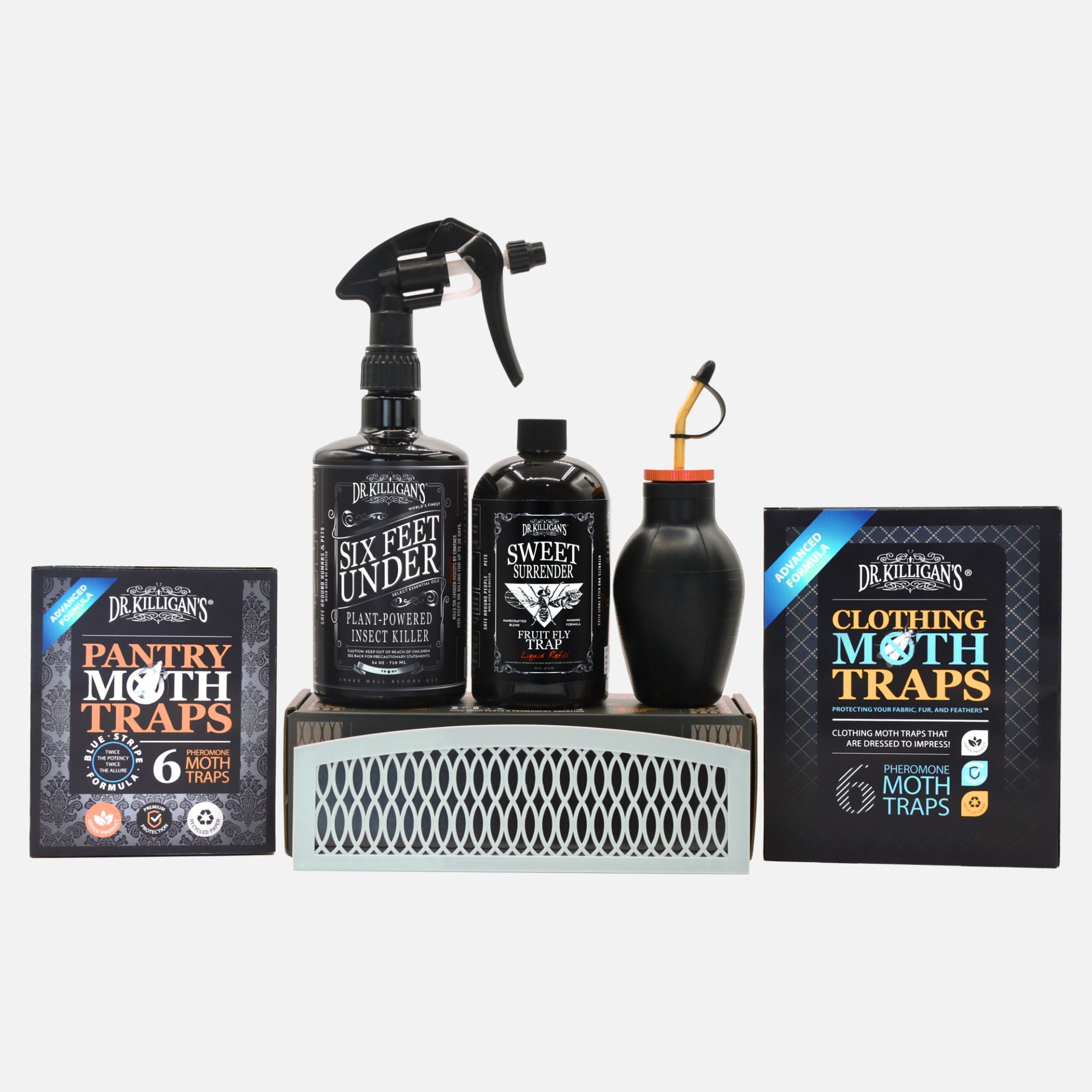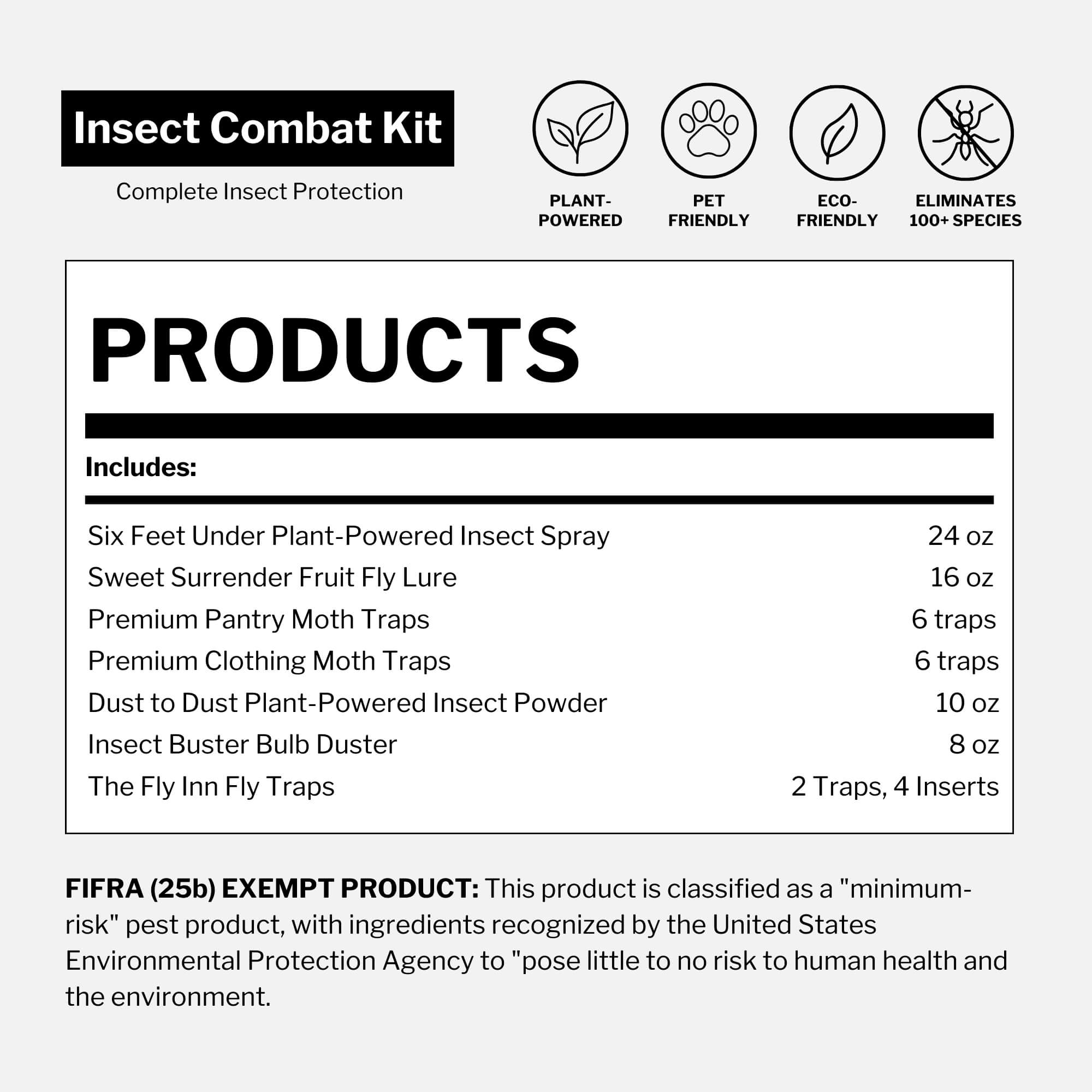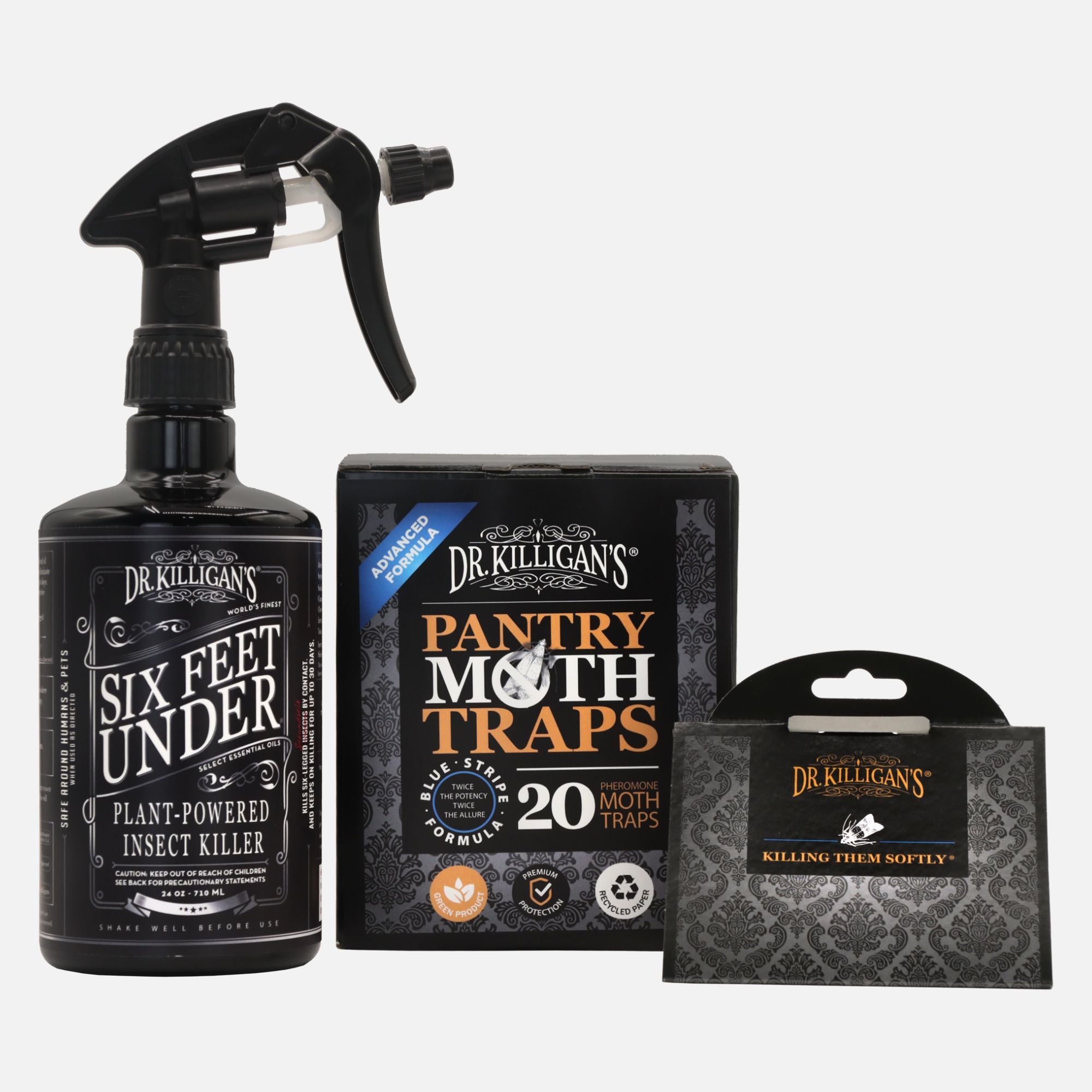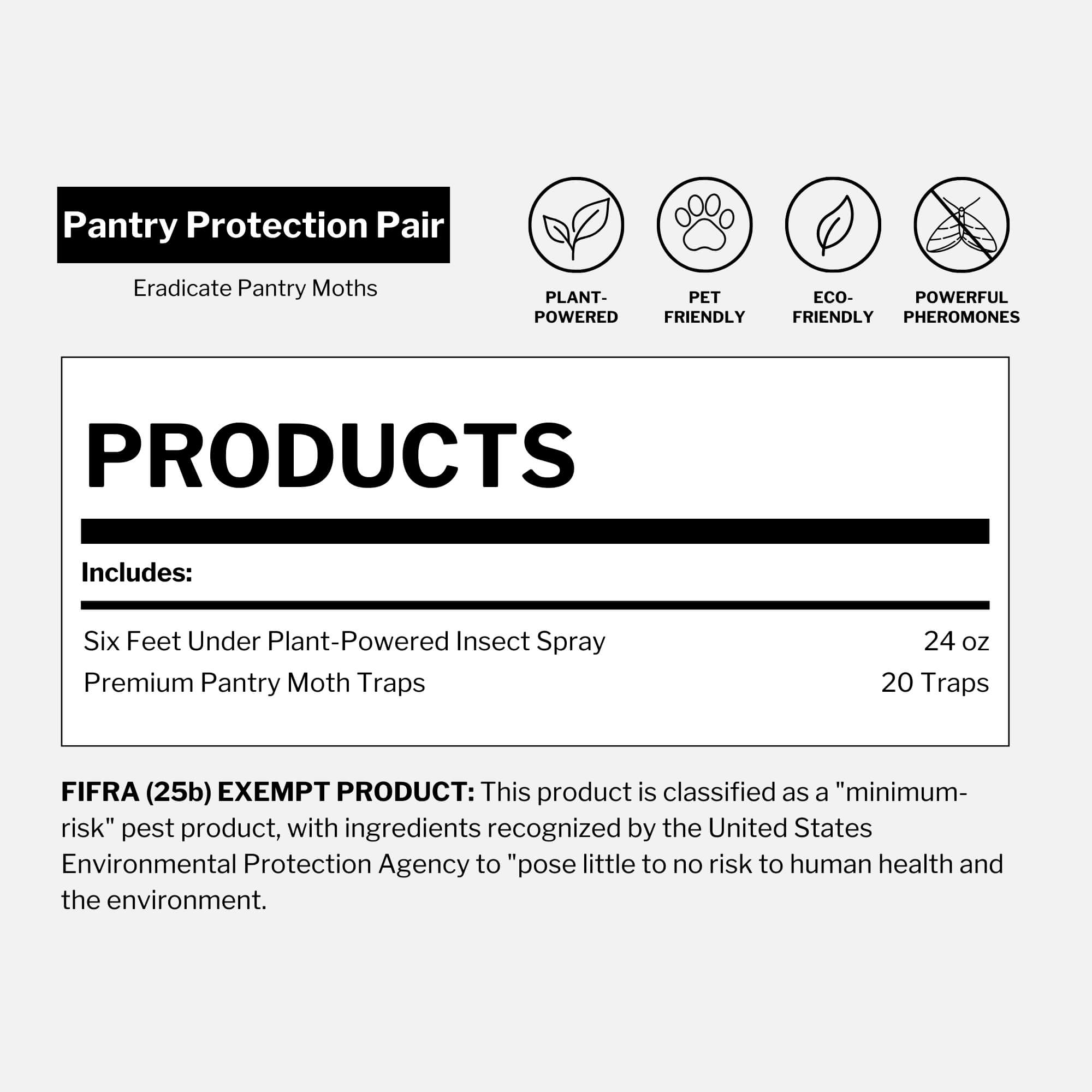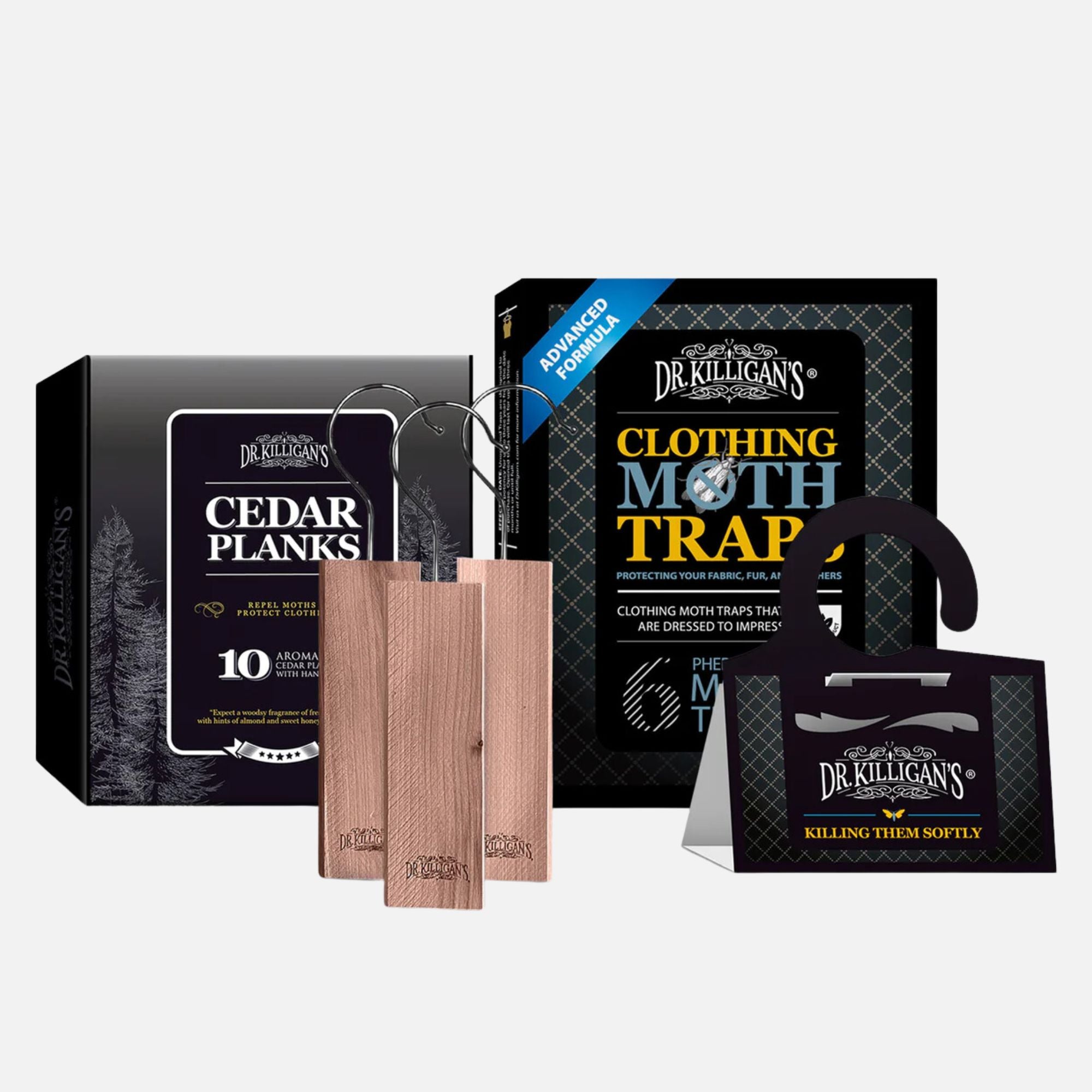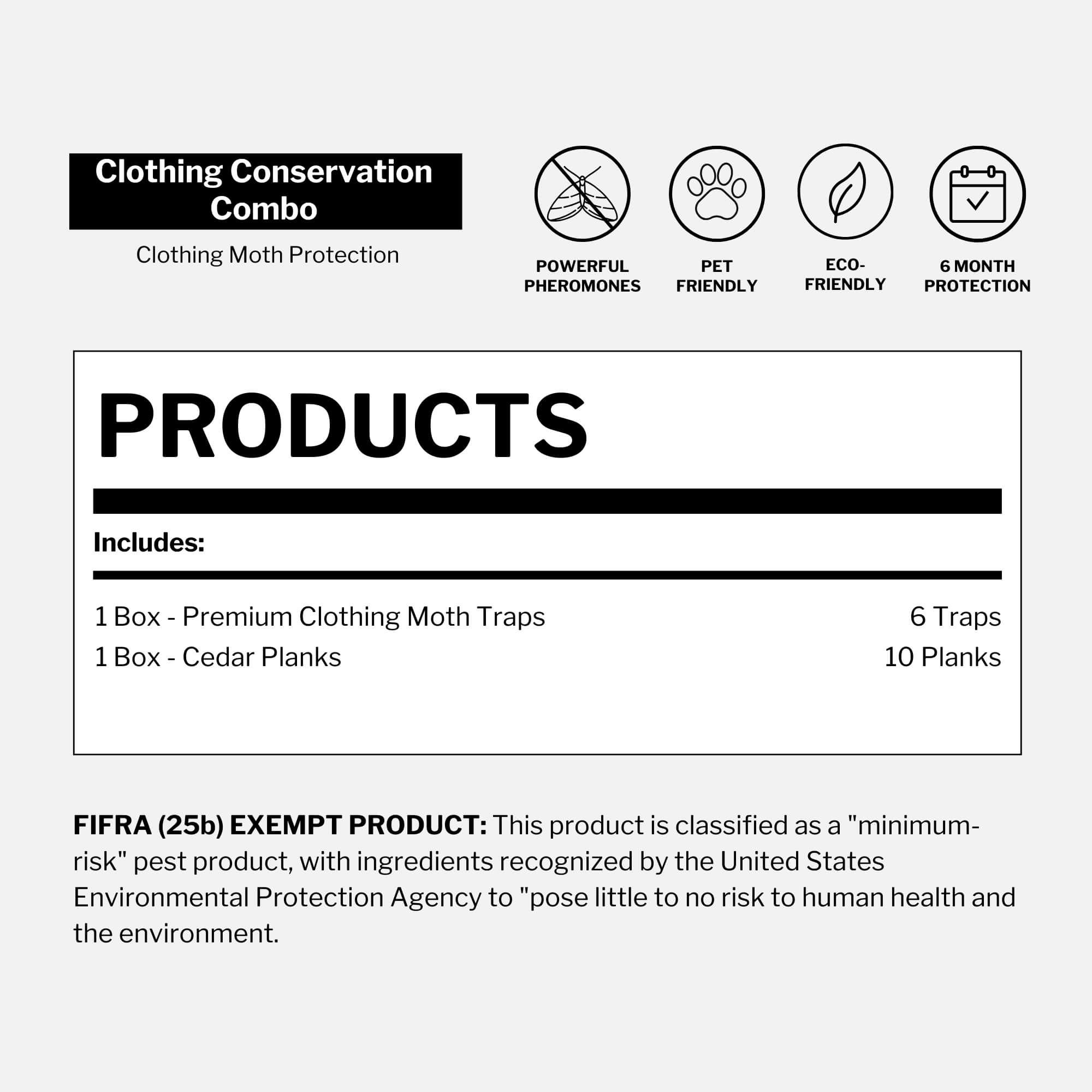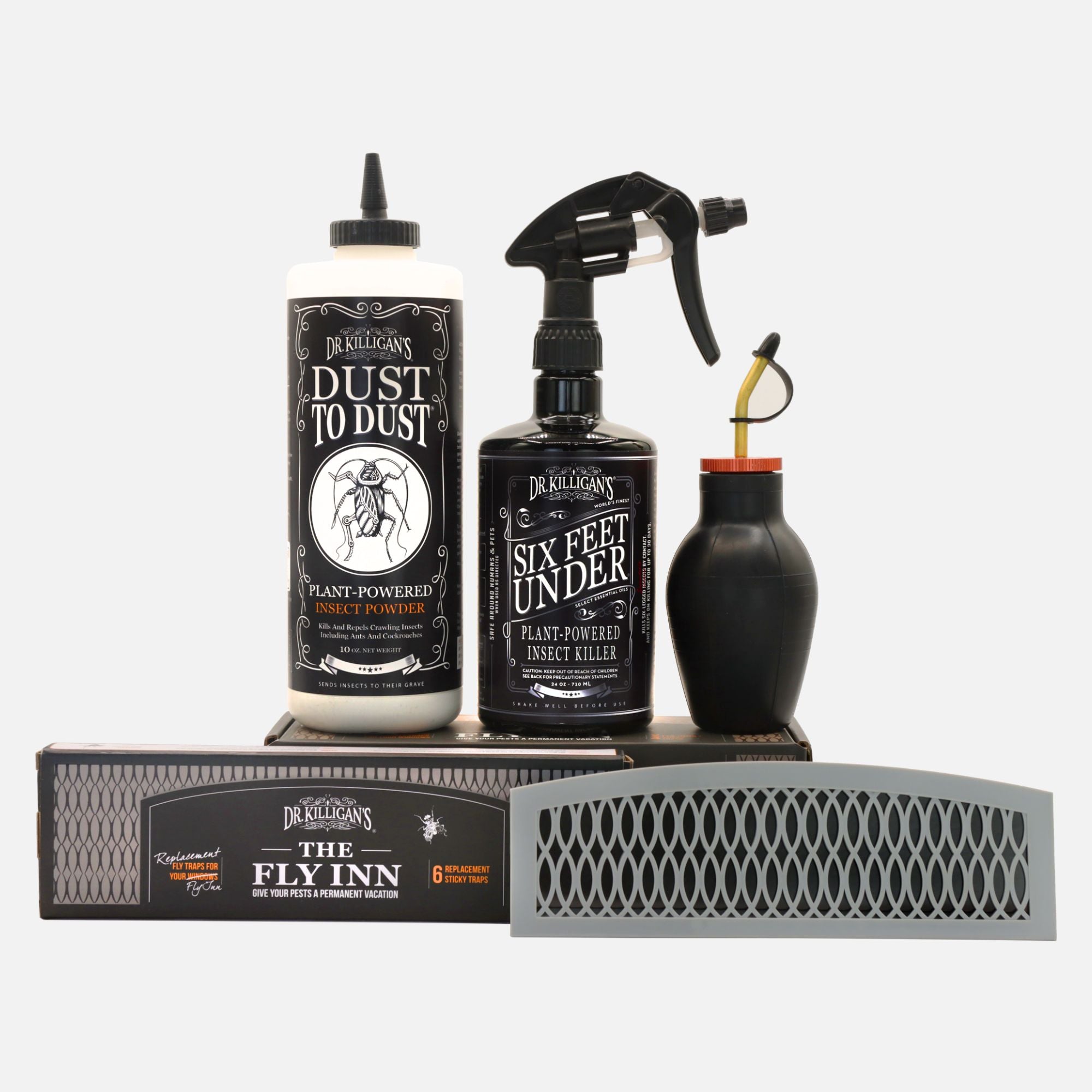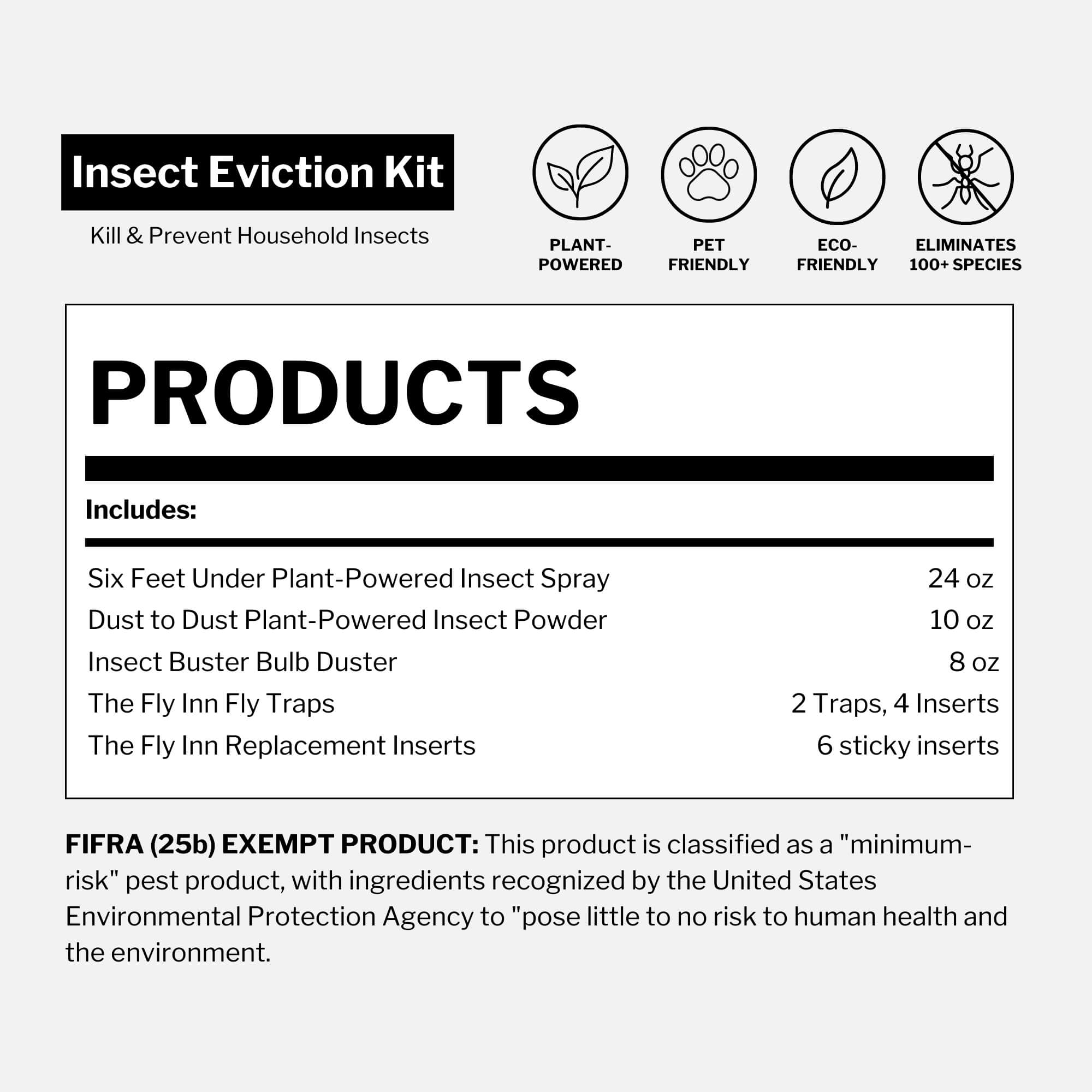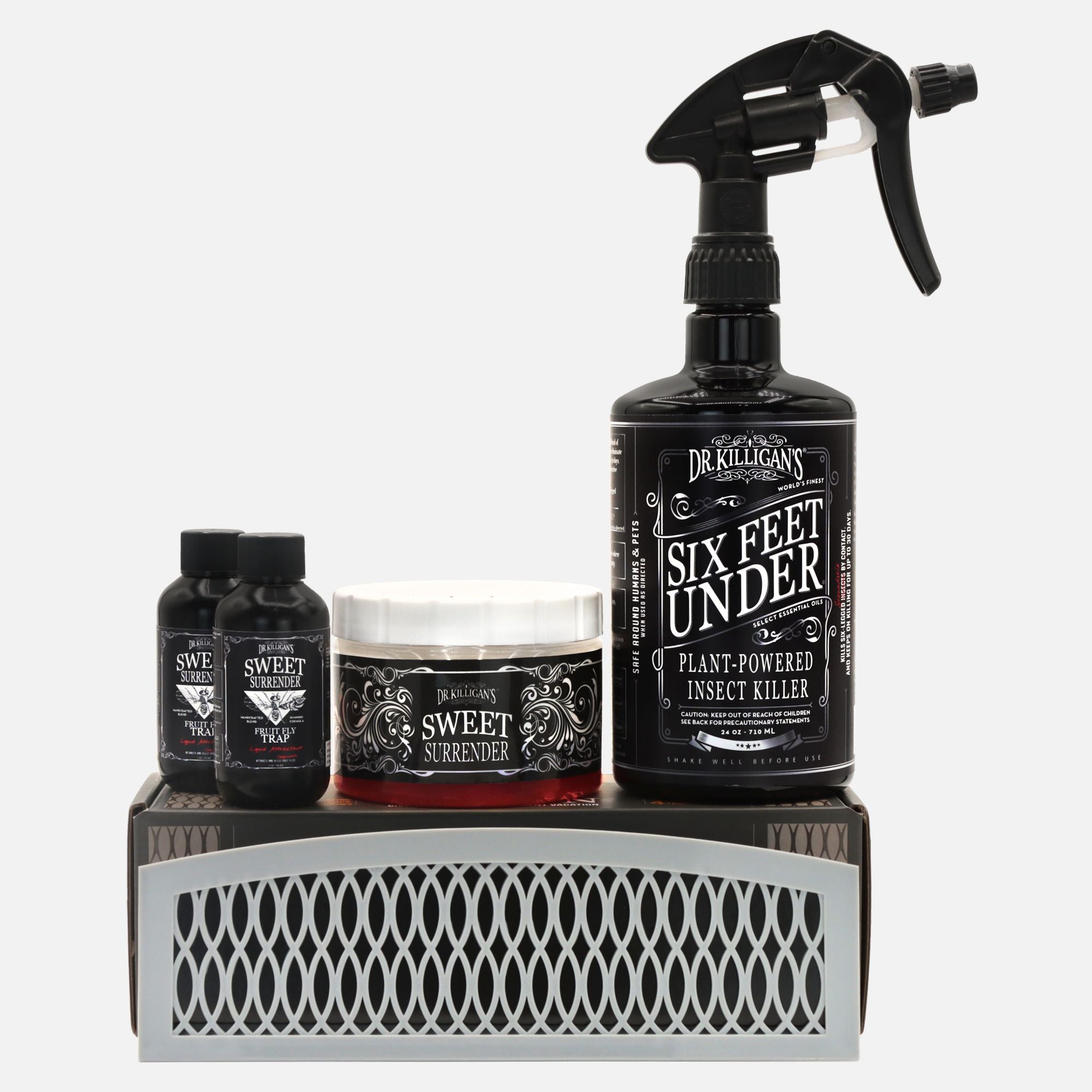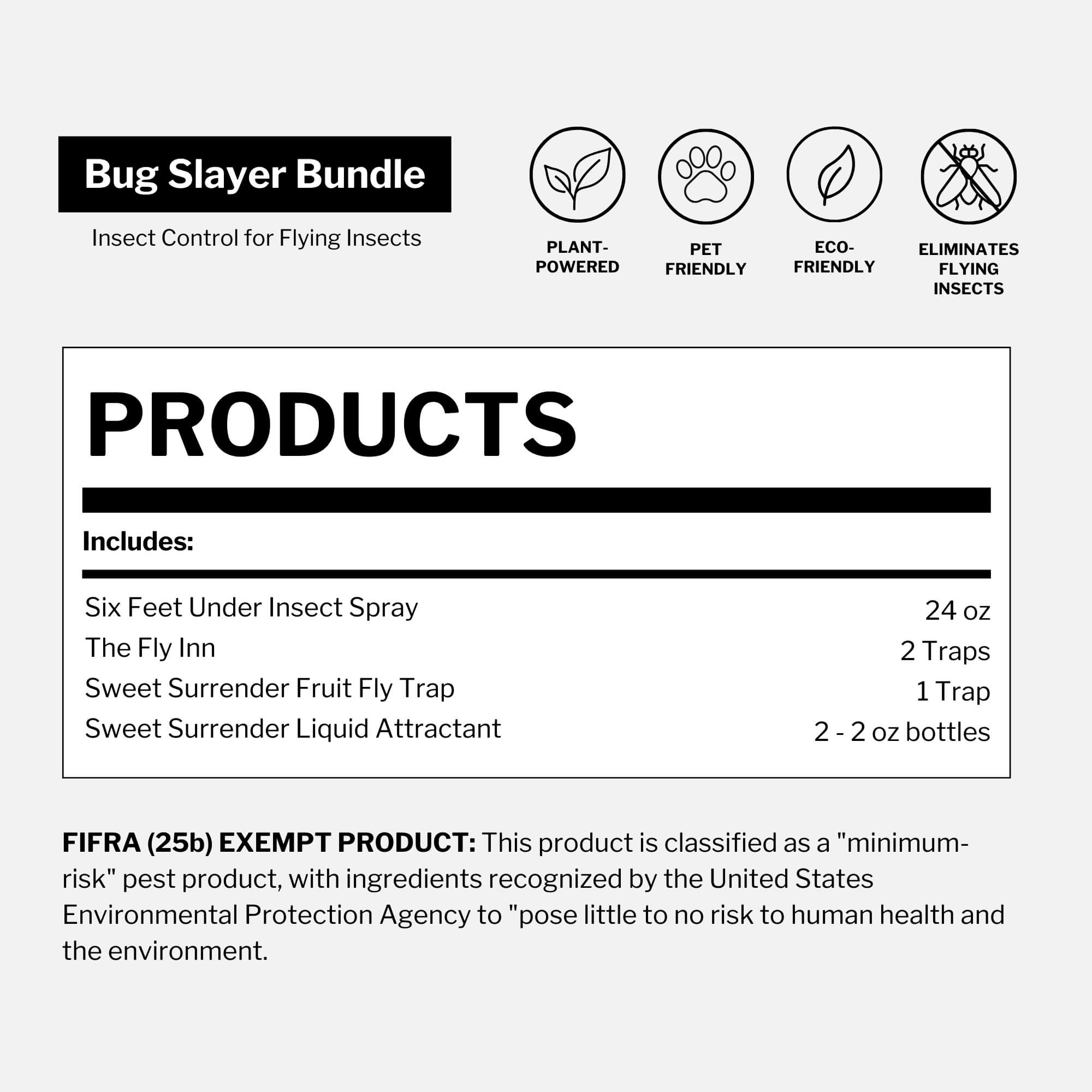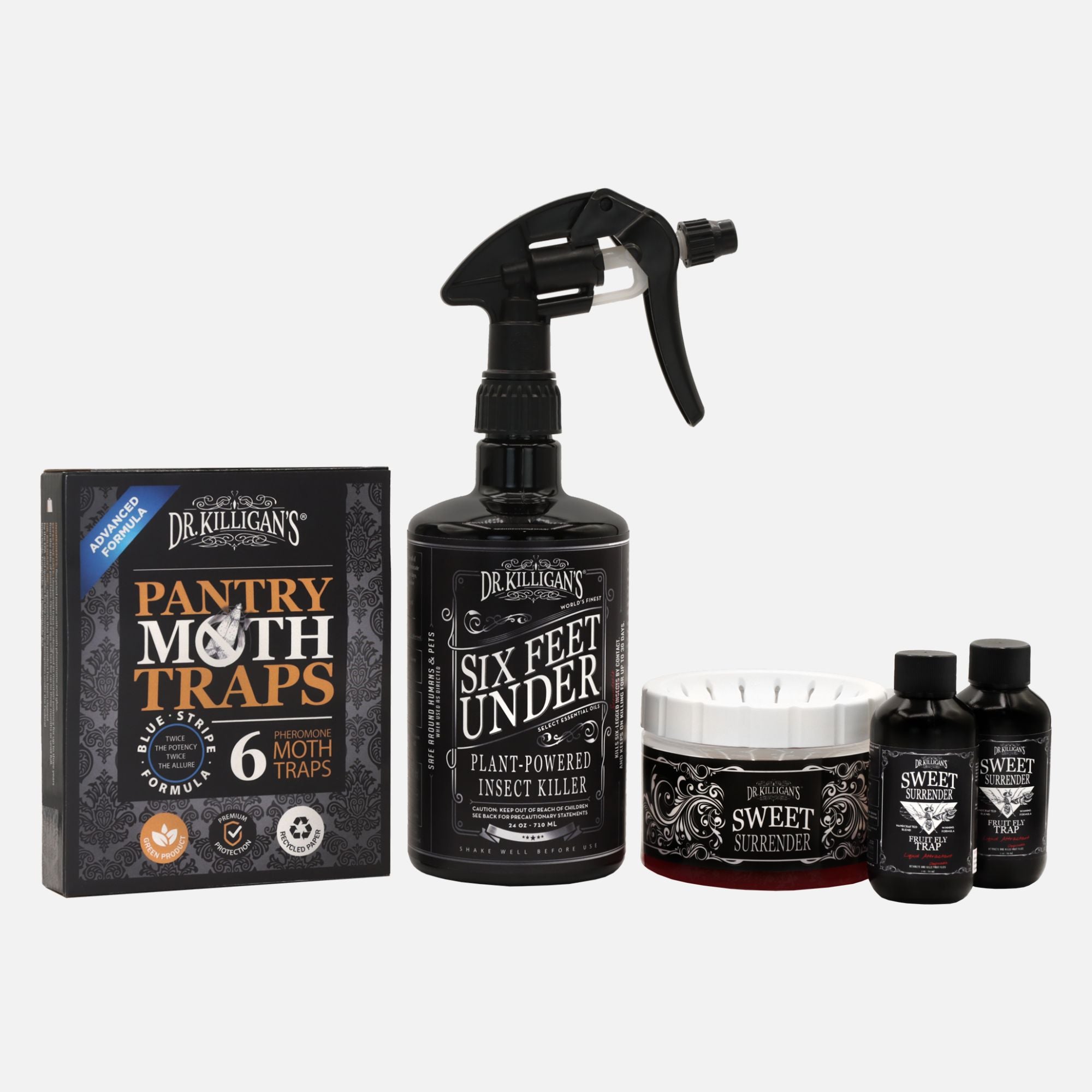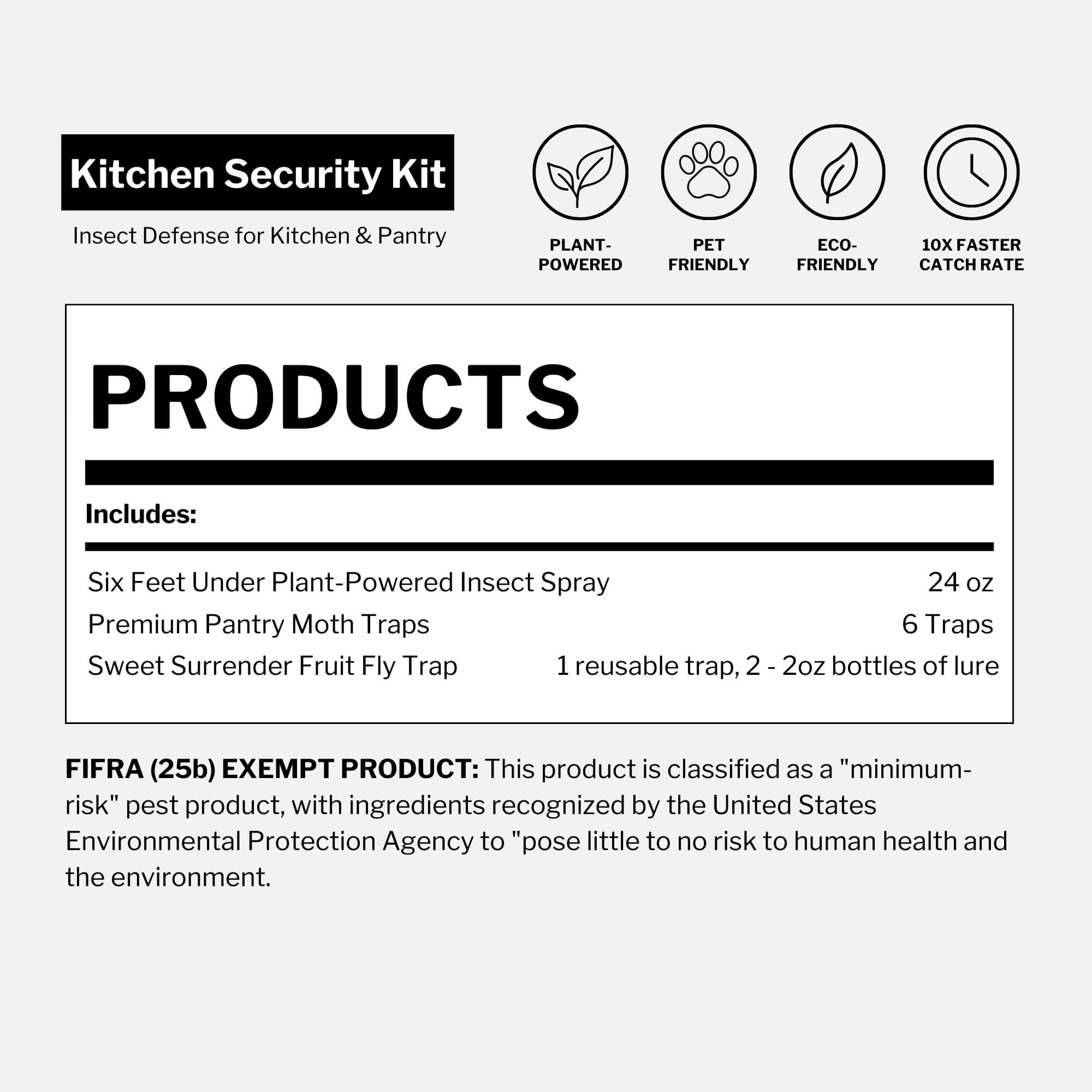The United States pest control industry has experienced a growth rate of 2.8% over the past five years, indicating a steady expansion in pest control services. Currently, there are over 30,800 pest control companies operating in the country. The industry's positive growth trajectory is expected to continue, with projected revenue reaching $17.4 billion by 2023, as reported by Statistica.
Pest control is an important industry for health and safety, as well as the comfort of people and industries affected by pests of one form or another. It involves different methods to manage pests like pantry moths, cockroaches, ants and more, (depending on where you are in the world). From sprays and repellents to DIY solutions and hiring an exterminator, there are varied solutions to fit a variety of needs and issues. The goal, of course, being to control pests and prevent them from causing harm or nuisance.
According to a 2022 ConsumerAffairs article, here are the latest pest control industry trends:
Chicago is the most rat-infested city in the U.S.
This is followed by Los Angeles, New York, Washington, D.C. and San Francisco.
Chicago is a densely populated city that provides excess food that is easily accessible. Just imagine the number of restaurants, food establishments and garbage bins that there must be in one of the largest cities in the United States! Chicago boasts a population of some 2.697 million residents, (as of 2021).

New Orleans is the most cockroach-infested city in the U.S.
This is followed by Houston, Atlanta, Miami and Phoenix.
New Orleans is nearly always warm and humid, thus providing a favorable climate for cockroaches to both thrive in and replicate year-round. In addition, it also has a rich historical heritage with many older buildings, structures that have innumerable cracks and crevices that provide ideal hiding places and entry points for skittering cockroaches. (You don’t have to allow cockroaches in your home though. Let’s work together and get rid of them for good).
Baltimore is the most bedbug-infested city in the U.S.
This is followed by Washington, D.C., Chicago, Los Angeles and Columbus, Ohio.
This is due, in part, to the transient population, as Baltimore is a major tourist destination and hub for travel and commerce. The constant movement of people in and out of the city increases the chances of bedbugs being introduced and spreading through hotels, public transportation and other shared spaces.
Spotted lanternflies are an invasive species in Pennsylvania, New Jersey, Delaware and northern parts of Virginia

Spotted lanternflies aren’t dangerous to people, but infestations can cause honeydew secretions.
Spotted lanternflies can weaken and kill plants. If you live in an area where there have been spotted lanternfly sightings, it’s important to know who to contact and how to best get rid of them.
Brown marmorated stink bugs are native to China, Japan and Korea but have been damaging crops in the eastern U.S. since the mid-1990s
In just one year, brown marmorated stink bugs caused $37 million in damage to crops. These bugs are attracted to indoor areas.
Find out what attracts stink bugs, what plants (and other foods) they’re drawn to and how to get rid of them using Six Feet Under.
Around six or seven people die from spider bites in the U.S. each year
For comparison, bees and wasps are responsible for 50 to 60 human fatalities per year.
Fatalities from spider bites are rare and most spider bites, even from venomous spiders, result in mild symptoms or no symptoms at all. The majority of spiders found in the United States are not venomous and do not pose a significant threat to human health. You may even allow the occasional house-dwelling spider (neither dangerous or aggressive) to take up residence in your basement, as it will provide free year-round pest control, taking care of other pests such as mosquitoes, flies, fleas and even cockroaches.
Roaches, stink bugs and ants are among the most common pests in the White House
This is in addition to rats and mice, and is according to NBC Washington reporters who obtained a White House pest control order.
Cockroaches are the most hated pest in the United States. They’re erratic, look dirty and are one of the fastest terrestrial animals on Earth (relative to their size). Armed with the right tools (and depending on the severity of your infestation), you can get rid of cockroaches fast.

Ants, on the other hand, are neither erratic or dirty-looking. Ants are known to be hard workers and are great at building and protecting their homes. This doesn’t mean that their homes have to be in your house or even on your property though. It’s important to know how to get rid of ants.
New Mexico’s official state insect is the tarantula hawk
All 50 states have designated official state insects. New Mexico boasts the tarantula hawk — a kind of wasp that paralyzes tarantulas and lays its eggs in the spider’s abdomen.
Tarantula hawks are parasitoids. Parasitoids are a type of parasite that locate and sting their host insect - they do so by injecting venom into the body of their host, a feat that paralyzes, but does not kill, the host insect - and then they (the parasitoids) lay their eggs on or inside the host insect. The developing parasitoid larvae then feed on the still-alive host, usually from the inside out, eventually killing it. This behavior ensures the survival of the parasitoid’s offspring.
Neonicotinoid pesticides are a type of insecticide chemically related to nicotine

Neonicotinoid insecticides have gained popularity in the pest control industry because they are water-soluble and effective against sap-feeding insects, beetles, fleas, flies, cockroaches and some wood-boring pests. However, neonicotinoid insecticides are also potentially toxic to honeybees. Use of neonicotinoid pesticides has been restricted across the U.S. and European Union.
Neonicotinoids, often abbreviated as neonics, are a specific class of insecticides. An article published by The Revelator explains that “A big reason that neonics are so dangerous is that they persist in the environment — sometimes lasting up to 1,000 days. They remain in the soil and can be taken up by other plants. They’re also water soluble, so they wash into rivers, streams and wetlands. Their toxicity can build up in the environment and cascade from soil to plants, insects to birds.” I always recommend going the non-toxic route.
Nationwide, about 74% of homeowners perform some type of DIY pest control
This is in comparison to 69% of renters.
You can do your own pest control at home. With patience, diligence, research and knowledge, you have what it takes to tackle any bug issue - through non-toxic means - that comes your way. But, fear not. If you have any questions, remember that you’re not in this alone. We are just a phone call, an email or a message away, here to help you achieve a pest-free life.
_____________
Reference: Kathryn Parkman, “Pest Control Statistics and Trends”, Consumer Affairs, 2022




